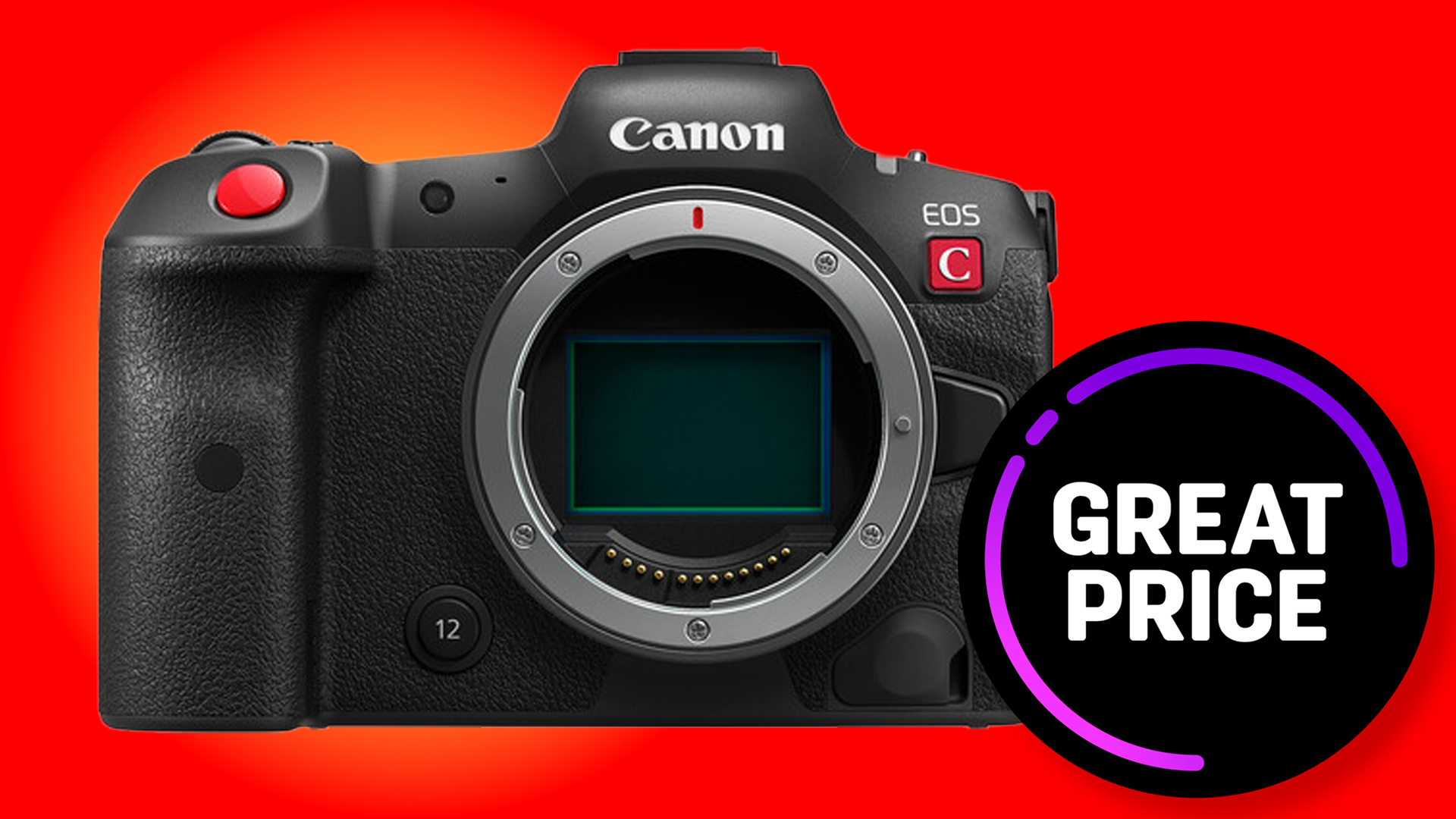5 reasons you should buy a film camera over a disposable
Disposable cameras are great but reusable film cameras are better. Here's 5 reasons why I love them so much
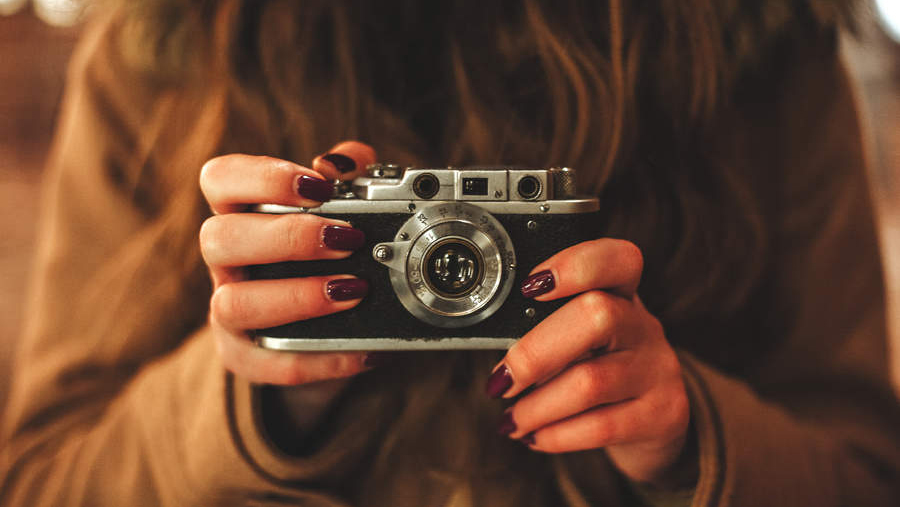
In recent years there’s been a resurgence of people shooting film. There’s something alluring about the art of analog photography that you just don’t get with digital cameras. The element of surprise and the potential to get it completely wrong make it both exciting and a little daunting, and yet so many people are investing in film cameras and/or ditching digital altogether.
One of the most popular types of film cameras for those who don’t really know anything about photography is disposables. The best disposable cameras are easy to use, relatively cheap to buy and require no prior knowledge of ISO, shutter speed or aperture to operate. The quality of images you get from disposable cameras isn’t amazing, but that’s also sort of the charm. I’ve never quite been able to put my finger on why we love the disposable aesthetic so much, but I am also guilty of it.
When I was in my first year of uni, I would religiously buy disposable cameras to take on nights out, festivals and holidays making sure that the pictures I used it for were memorable ones. As soon as I’d used up the roll of film I’d head to my local developer to get it processed – and, more often than not, pay the extra to have it done within the hour so I didn’t have to wait any longer to see it the photos.
These days, I’ve ditched the disposable cameras and opted for a more planet-friendly way of shooting film. When the conversation around the issues of plastic waste and single-use waste was thrown into the limelight, I wanted to do whatever I could to reduce my personal contribution to the problem. I started shopping at zero food waste shops, I stopped using straws and I also invested in a semi-automatic film camera.
The initial cost was a bit more than buying a cheap $9/£7 disposable but overall it’s totally worth it. I’ve also now extended my film camera collection to include a Nikon FM2 and a Canon AE-1 but when I don’t want to think about what settings I need, I reach for my trust Konica Z-up 110.
Of course, disposables are still great fun and they do have their place, but if you shoot with them a lot it could be worth investing in one of the best film cameras. Here are five reasons why it would be beneficial (for you and the planet)…
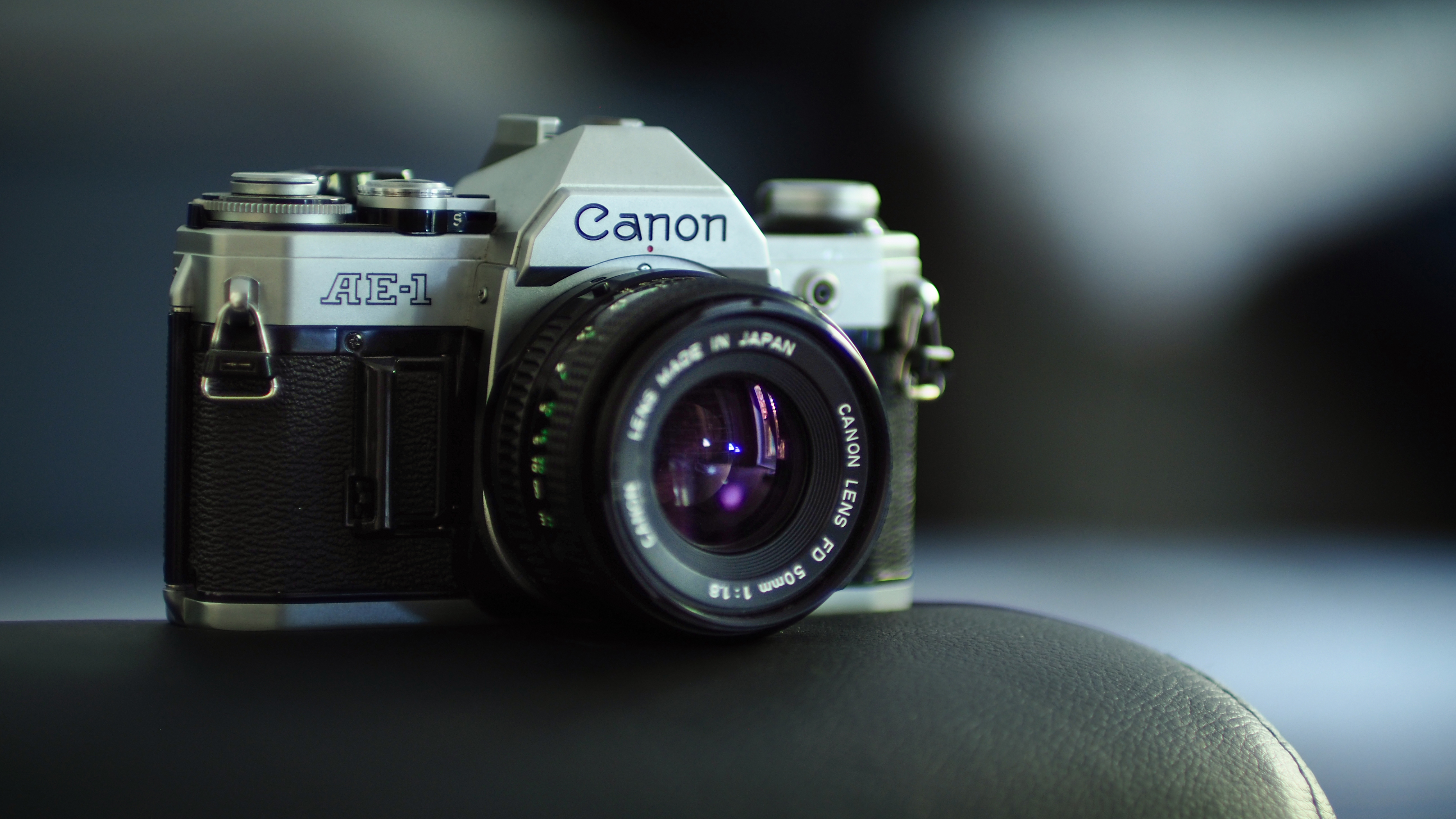
1. It creates less waste
The fact that it’s called a disposable camera is a little misleading, as most film processing companies will actually send the camera off to be recycled. Using an automated machine, the cameras are broken down into separate components so they can be sent for recycling. The plastic bodies are then crushed, melted and remolded into a new camera casing. Any salvaged components are also reused but not everything can be recycled – some bits have to be binned. The process itself also uses a lot of energy, which may not come from renewable sources.
Get the Digital Camera World Newsletter
The best camera deals, reviews, product advice, and unmissable photography news, direct to your inbox!
2. You can be more creative
If you invest in a proper film camera, you have no limitations on the type of film you can use in it. Okay, you do have a limitation in the sense that it has to be 35mm film, but you can experiment with shooting in color, black-and-white or even try out creative film that gives your images a completely different look. Brands such as Dubblefilm make some really interesting film that give your images subtle undertones or even rainbow-colored light leak effects. Check out our guide on the best 35mm film to find out what's on offer.
3. It could save you money in the long-run
Sadly, film prices have gone up so much recently that you can’t find film as cheap as you could a few years ago. However, you can often find bulk buy deals on places like eBay where if you’re lucky you can get it for $5/£5 or less per roll. You’ll still have to pay developing fees, which can vary massively depending on where you go and whether you want physical prints, digital copies or just the negatives.
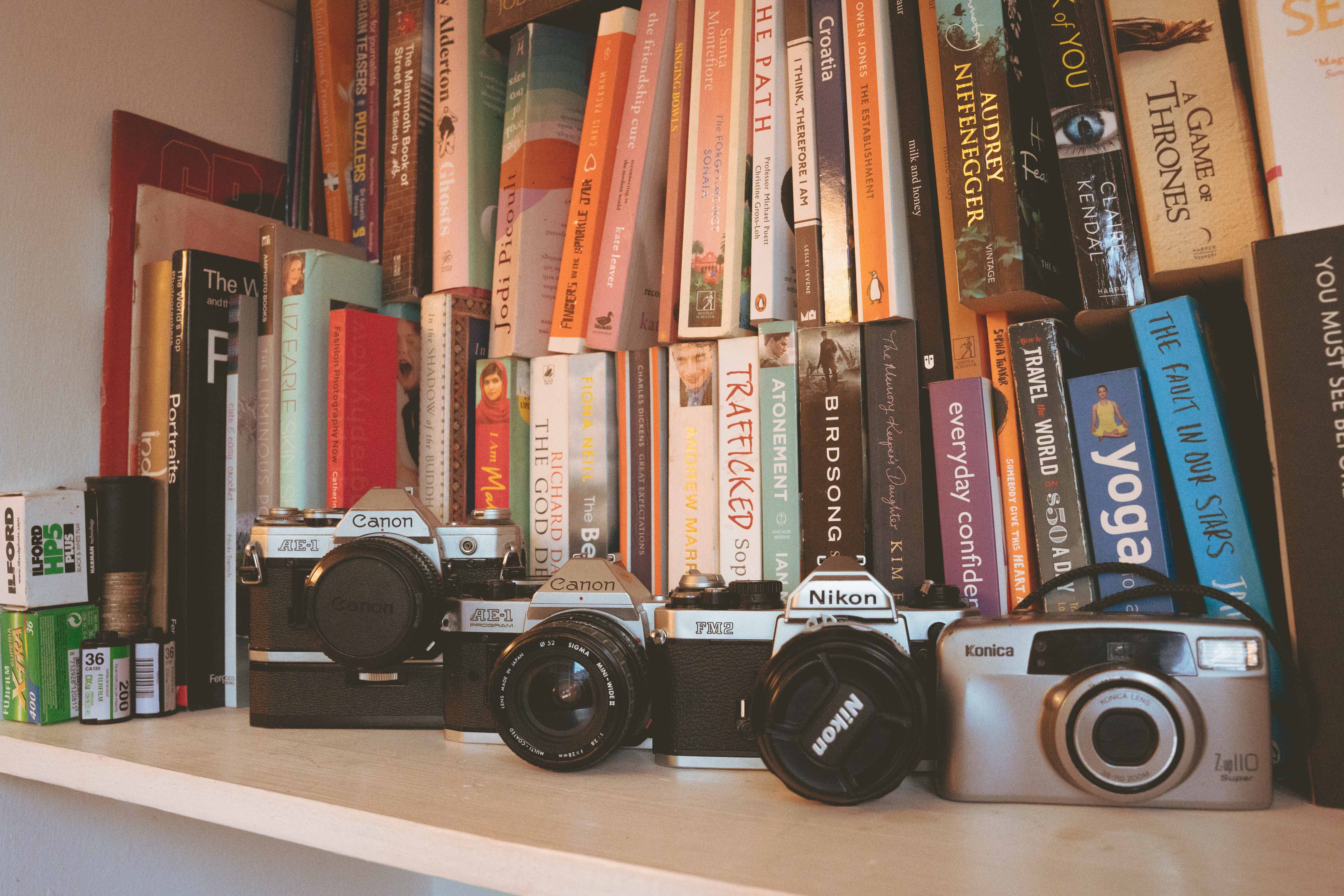
4. Your camera will become part of the memory
If you invest in a film camera and take it everywhere with you, it’ll start to become a part of the memories it captures. I keep my film camera on a long cord so that I can wear it around my neck or across my shoulder, so that I’m ready to use it at any given moment. My camera has traveled around the world with me, seen some of my favorite bands and captured some of the best moments of my life. It might "just" be a camera but, once you’ve used it enough, you’ll never want to part from it.
5. Better quality images and more features
Just because the images are better quality doesn’t mean that you lose that film aesthetic we know and love. If anything, you can achieve it even easier if you buy the right type of film. Although disposable cameras come with a built-in flash, often the one in semi-automatic film cameras is more powerful and therefore, more useful. It’s also very likely that they’ll come with a self-timer mode, which means no one needs to be left out of group photos.
Of course, if you want to shoot film but don't want to pay for processing, you could invest in one of the best instant film cameras such as the Fujifilm Instax SQ1 or the Polaroid Now+. It's worth noting, though, that while you won't have to pay developing fees, the film is more expensive and overall it will probably work out about the same – only you don't get the excitement of getting all your photos back in one go!
Whether you decide to buy a traditional 35mm SLR, a retro point-and-shoot style film camera or a modern 35mm such as the Kodak M35, you can be sure it’s a worthwhile investment. Film cameras have changed dramatically over the years but even today, modern full-frame digital cameras are based on the 35mm sensors found in analog cameras.
Film photography will always have a place in my heart, regardless of how advanced mirrorless cameras get because at the end of the day, you just can’t beat the original form of photography.
Read more:
Best retro cameras
Best film scanners
Best film cameras
Best darkroom equipment
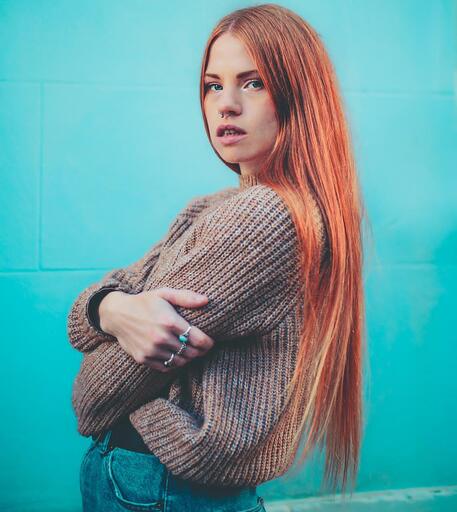
Having studied Journalism and Public Relations at the University of the West of England Hannah developed a love for photography through a module on photojournalism. She specializes in Portrait, Fashion and lifestyle photography but has more recently branched out in the world of stylized product photography. Hannah spent three years working at Wex Photo Video as a Senior Sales Assistant, using her experience and knowledge of cameras to help people buy the equipment that is right for them. With eight years experience working with studio lighting, Hannah has run many successful workshops teaching people how to use different lighting setups.
